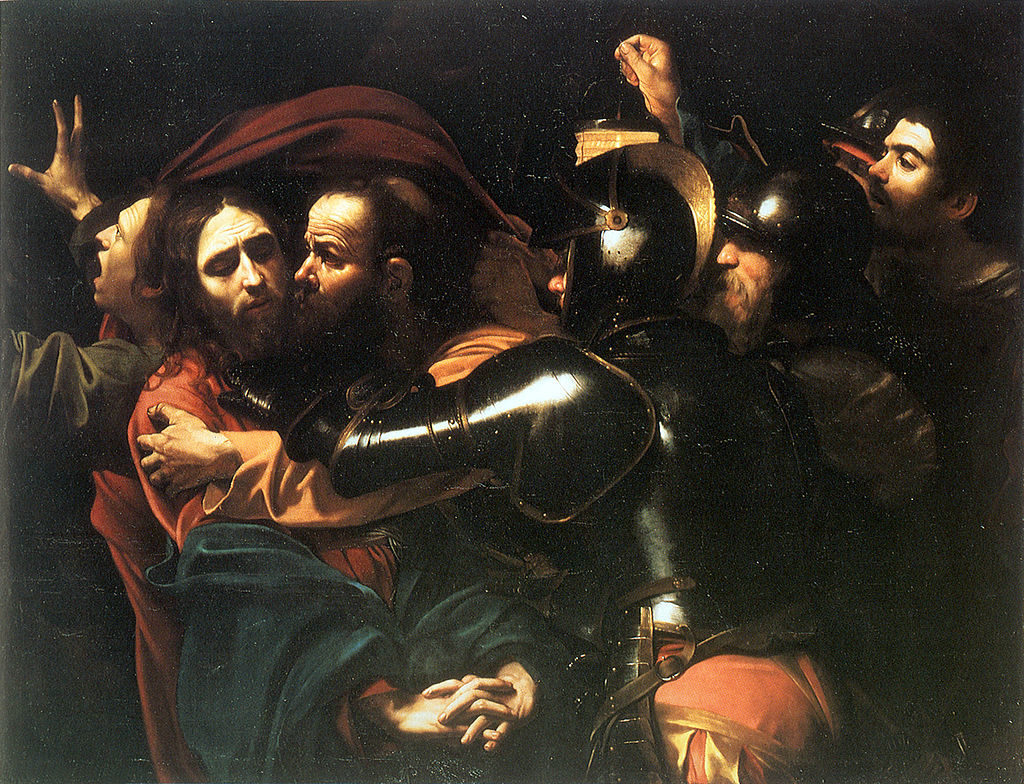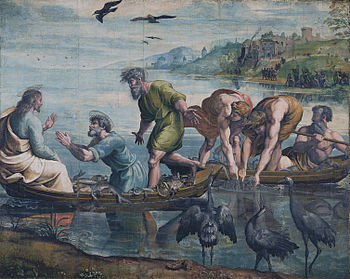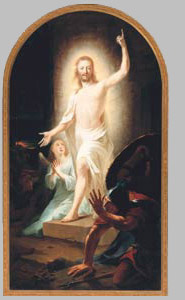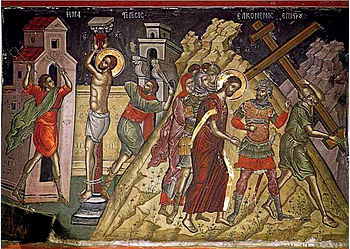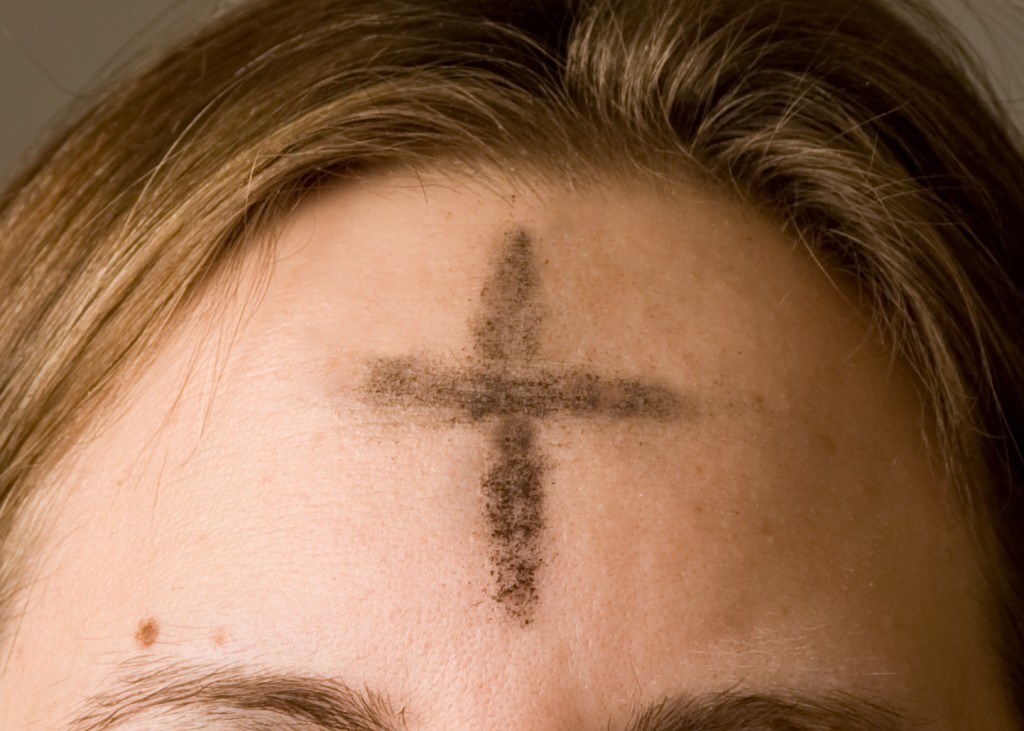How God Enables Greatness in Us All
When Jesus ascended into Heaven, the apostles must have felt incredibly scared. This wasn’t the fear they felt when Jesus was arrested and crucified. That fear had passed since experiencing the truth and glory of His resurrection. But they must have been scared knowing that the Church was now in their hands. The apostles were […]
How God Enables Greatness in Us All Read More »


